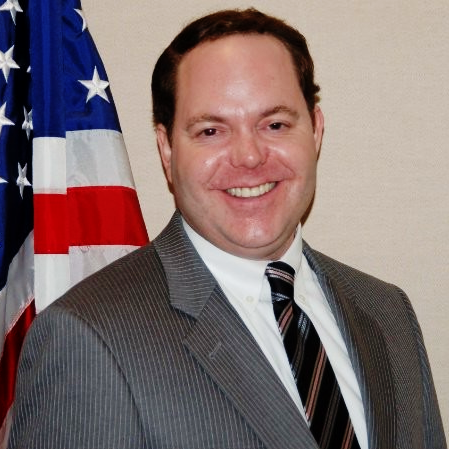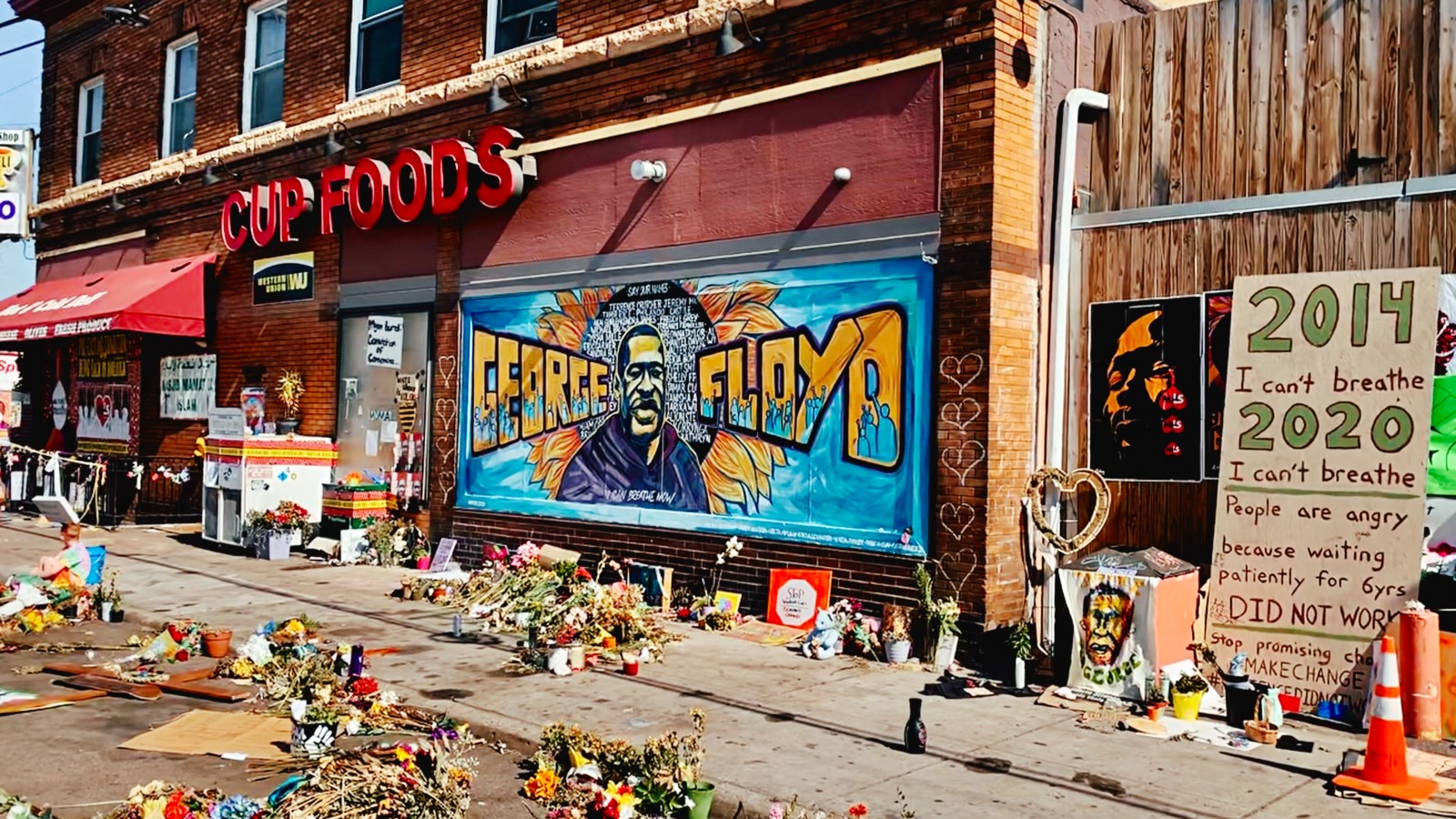Senate Republicans must stop stalling and join Democrats to swiftly pass the George Floyd Justice in Policing Act ASAP. The bill was narrowly approved by the House of Representatives last summer with no Republican votes.
However, the Senate requires some bipartisanship, a fleeting commodity in Congress, to make legislative progress. The Senate needs at least 60 votes to avoid a threatened filibuster by Republicans to stop the legislation.
Thus the fate of the George Floyd police reform bill remains precarious, even as negotiations to reach common ground continue behind the scenes on Capitol Hill. It’s critically important for a bipartisan consensus to emerge.
Vice President Kamala Harris today said in an interview: “I absolutely believe there is a way to rebuild trust, but it will not happen by itself. For example, the president and I are supporting the George Floyd Justice in Policing Act. We believe that is a step toward building back that trust, which is about saying there should be accountability.“
President Biden is ready to sign the historic bill honoring George Floyd, which he recently characterized as “meaningful police reform…It shouldn’t take a year to get it done.” He’s expected to discuss the legislation again during a prime time speech to a joint session of Congress Wednesday night.
DOJ Launches Police Probes
In it’s second major move in a week to address systemic police reform to advance racial justice in law enforcement, the U.S. Department of Justice today announced a “pattern or practice” investigation of the Louisville police department related to the death of Breonna Taylor.
Last week, DOJ launched a probe into the Minneapolis police department sparked by the death of George Floyd. This occurred one day after a jury verdict finding former officer Derek Chauvin guilty on three counts of murder and manslaughter for intentionally kneeling on Floyd’s neck for more than nine minutes, despite cries of, “I can’t breathe!” along with an outcry from bystanders watching yet another deadly assault by rogue policemen against an African American citizen (albeit this time there was unequivocal video evidence which outraged the nation and world).
Both closely watched cases have received international attention following last summer’s nationwide protests by the Black Lives Matter movement to shine a spotlight on police brutality and abuse of Black citizens due to egregious race discrimination.
Additionally, as CNN reports today, “North Carolina town declares state of emergency, braces for protests as calls grow for release of deputy bodycam footage.” The case involves an African American man, Andrew Brown Jr. of Elizabeth City, who was allegedly “executed” by police serving a search warrant, according to a family attorney.
“The fatal shooting came just a day after former Minneapolis Police officer Derek Chauvin was convicted of murdering George Floyd in the most high-profile case of the Black Lives Matter era. Still, the police killings of Brown, as well as others in Ohio and Virginia in the last week, emphasized the pervasiveness of police violence,” reports CNN.
It’s way past time for comprehensive police reform on a national level. No one should ever be targeted by police due to their race, color, ethnicity or other discriminatory factors.
It should be obvious to any objective observer that the current paradigm of policing disproportionately impacts African Americans and other minority groups in major ways. Discriminatory law enforcement and criminal justice procedures range from racial profiling in arrests, to police brutality, to racism in convictions and sentencing (the list goes on)— all of which can be based on both conscious and unconscious bias.
Racist policing should be a relic in the 21st century, not a recurring reality. And while many police officers act heroically and responsibly to protect the general public, not all do.
While many police are not racist, some are, which gives a bad name to all police and severely damages the public trust. That’s why the bad apples must be rooted out by fellow officers who understand, value and abide by accountability, transparency and moral responsibility in community policing.
As I wrote last week in Medium and The Good Men Project: “Even one racist cop is one too many. Good cops must not be silent bystanders or accomplices to bad cops who break the law with reckless indifference.”
Racist police, in one form or another, have been a tragic truism for African Americans dating to before the abolishment of slavery via the 13th Amendment to the Constitution in 1865 (read about “slave patrols”).
Racism in policing can be overt or covert, intentional or unintentional, conscious or unconscious. Either way, it’s wrong and must not be tolerated.
Final Thoughts
Commenting on the George Floyd verdict, former President Obama said: “A jury did the right thing. But true justice requires much more.”
Indeed it does.
The NAACP stated, “The fight for justice is not over! We must continue to stay vigilant in the pursuit of police accountability.”
Indeed we must.
The ACLU reminded us, “We know that accountability isn’t justice.”
Indeed it is not.
“Justice would be George Floyd being home with his family, his loved ones, and his community today,” the ACLU continued.
Indeed it would.
As civil rights advocates and activists know full well, this is not the time to let up in the struggle for racial justice. Rather, it’s time to rev up efforts to make lasting police reform a reality across the country.
Only then will the United States move closer to fulfilling the hallowed promise of equal justice under law. And not just for African Americans but all Americans.


